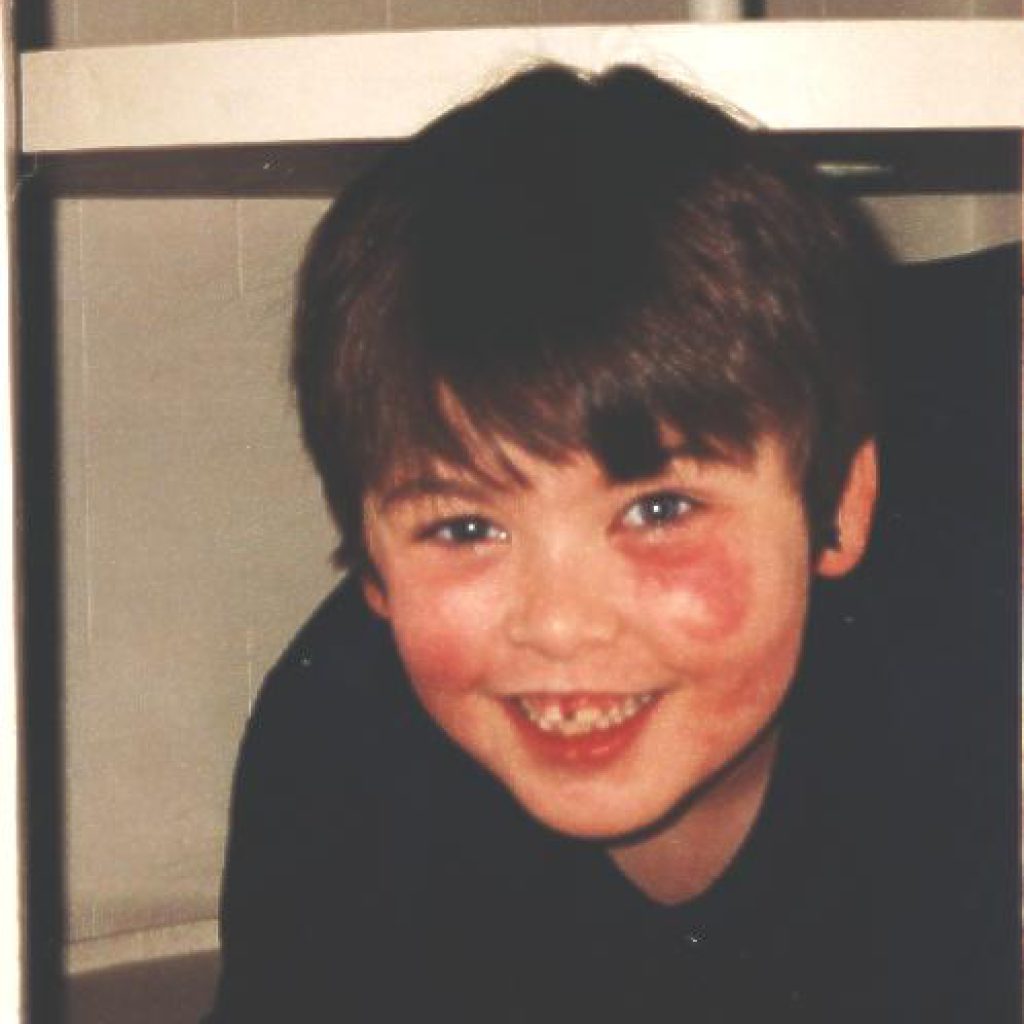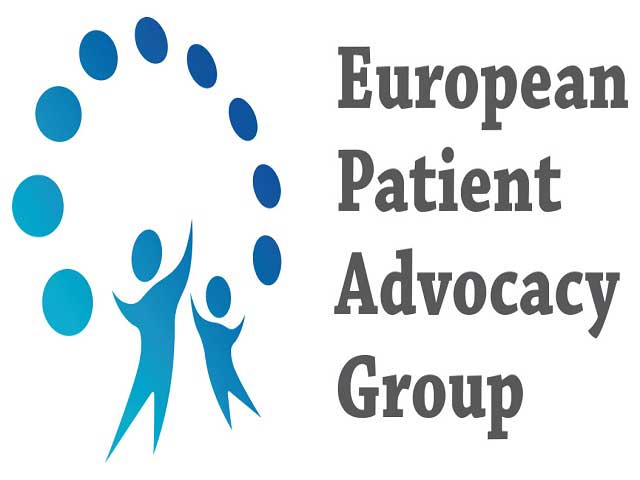One reality of having any sort of condition on the skin is The Stares. People looking at you or doing double takes as they walk by or interact with you. Obviously, these interactions are experienced more broadly than just those with skin conditions, but to speak from my own experience, I will focus on these interactions. After decades of these exchanges, it can be easy to get your back up in every interaction, but one of the most valuable tools I am still perfecting is the determination between gawking and concern, as well as the best way to deal with each case. To keep this somewhat brief, and to give each topic the room to breathe it needs, I will talk about some of my interactions and how I make determinations about strangers’ intentions here, and address how I navigate reactions next month.
I should start by saying in my experience the majority of interactions I have are ones of concern not of disgust or ridicule. In most cases, the individual’s reason for interacting with your condition will be quite obvious, as the comments or behaviours that come alongside the stares imply whether concern is involved. I have markings on my face, that are exponentially more visible after laser surgery, and down the entire right side of my body, including my hands. So, many of my experiences come from reactions to my face or hands. For me, common behaviours are recoiling or pulling away from me, refusing to take something I have passed them, or pointing at my face or arm. The most common comments I get are, “What’s on your face?” or “Are you having an allergic reaction?”.
The first consideration I always give to any interaction is who is it with, children for example are always given the benefit of the doubt. Even if the comments are aggressive it’s always a gentle teaching opportunity. Likewise, many people with a medical background tend to think emergency medical intervention and can come off quite brisk. Many nurses or doctors tend to think I am going into anaphylactic shock. This is not to say medical professionals cannot be the quickest to react poorly, but in most cases, I find they are reacting in concern.
When the person is asking about a potential health concern or trying to contextualize my condition into something they understand I can usually take the interaction as one of worry. Likewise, if the pointing or gesturing to my arm or face is accompanied by any variety of “Are you okay?” or “Do you need anything?”, these too suggest concern is the focus.
However, sometimes it is harder to tell if the person is acting out of kindness. I often struggle to understand a person’s reaction when no comment is given, and the individual is staring. While this is unsettling, and the assumption is simply that they are rude, sometimes it preludes another reaction.
I had a woman in a gas station staring at me as I paid for my gas, basically falling me with her eyes around the store. I eventually asked her, somewhat facetiously, if I could help her. With some chagrin, she admitted she knew someone with a similar birthmark, and they were struggling to get a diagnosis. This changed the interaction entirely, and I provided her with my information and the contacts at the children’s hospital where I had been diagnosed. A few years later, I heard she had received a diagnosis.
Conversely, I had a dermatology appointment where the doctor was so uncomfortable, that she stood in the corner of the room furthest from me and refused to come any closer. The entire appointment was done at this distance and she never asked any questions regarding my condition, simply responding with platitudes and admitting she was unsure of my condition. The whole experience was awful and left me feeling very self-conscious for a time.
Overall, just as our conditions are varied and unique, so too are people’s reactions to them. Again, it is always important to cycle back to the understanding that most people will likely be reacting with concern or simply curiosity, however, it is the cruel and disdainful that stick with us. The best advice I was ever given was that everybody has something they are self-conscious about, those of us with rare visible conditions often just feel more on display, but everyone goes through similar experiences.
See you next month to talk about how reactions and responses.






